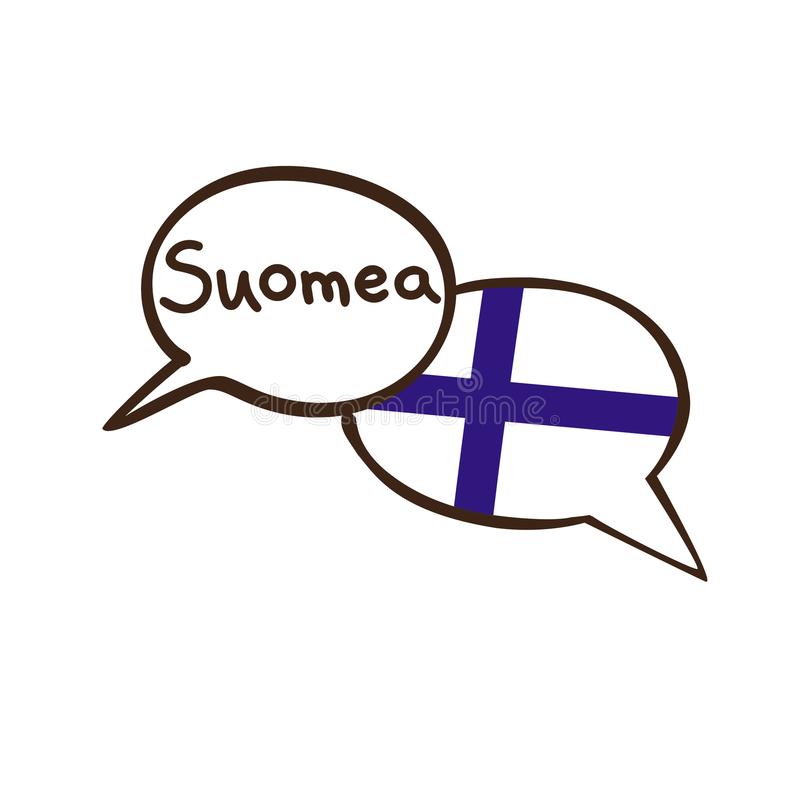Finnish is a rather difficult language, as it is not similar to either Slavic or German, which would be close to us. According to its structure, it belongs to the group of Finno-Ugric languages. Hungarian is also in this group.
Finnish is also quite difficult for locals to learn. Children start speaking clearly or intelligibly at the age of 3-5, as accurate pronunciation is very important. Many words have similar roots, only they end up changing endings. Thus, substituting 3 or 6 letters can represent dozens of meanings of words. Many young people agree that English is much easier, but they only learn it with difficulty. They also have difficulty speaking, as there are not many opportunities to use English in everyday life.
However, I must say that the vast majority of the middle-aged population, as well as the elderly, speak English very well and make a great effort to speak to foreigners. I noticed this while working at school, when the cook gave us instructions, she always spoke in English, because in the last few days Iza and I taught Finnish students how to deliver food on campus, so we also led the organization and communication. I also have a nice experience at the casino in Lahti where my classmates and I went to billiards and the owner said he speaks little English. When I went for a drink, he kindly asked me where I was from and we chatted for several minutes about our countries and things that we found interesting. Also on the train, where we had some delays several times, the friendly passengers explained and translated the notices to us and told us where to go for information or how we had to cross.
I think that Slovenians speak English quite well, but many times we are too burdened with saying and pronouncing everything correctly. This often confuses me, but I realized that it is important to understand the other person, although in slightly worse and incorrect English, and if necessary, we also help ourselves with pantomime.
From Finland, I brought knowledge of just a few basic words like good morning (Hyvää huomenta), hi (Moi), goodbye (moi moi), thank you (Kittos) and that’s all.






